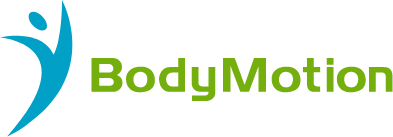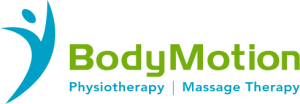Dry Needling
Dry needling is a technique that targets muscle tissue and its nerve connections. It is used to treat conditions where muscle tightness or pain is a problem. BodyMotion Physiotherapy provides clients with dry needling techniques that intend to provide relaxation to the muscles and improve mobility.
Therapy
Located in Mitcham, BodyMotion Physiotherapy is perfect for providing relief to a range of circumstances. As we’ve grown to cater to all residents in Melbourne’s eastern suburbs including Vermont, Nunawading, Ringwood, Park Orchards, Donvale, Doncaster and beyond – we’ve established a reputation for quality-driven services.
We also provide an extended range of treatments that aim to improve client mobility. These include myotherapy, soft tissue remedial massage, sports massage techniques, clinical Pilates and more.
- Maintenance Massage – available after you have completed your Physiotherapy treatment sessions.
- Deep tissue massage
- Soft tissue massage
- Therapeutic massage
- Relaxation Massage
- Sports Massage – for Pre/Post-game and Mid-week, depending on what sport you play.
- Corporate Massage
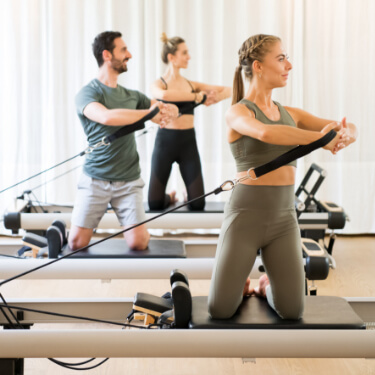
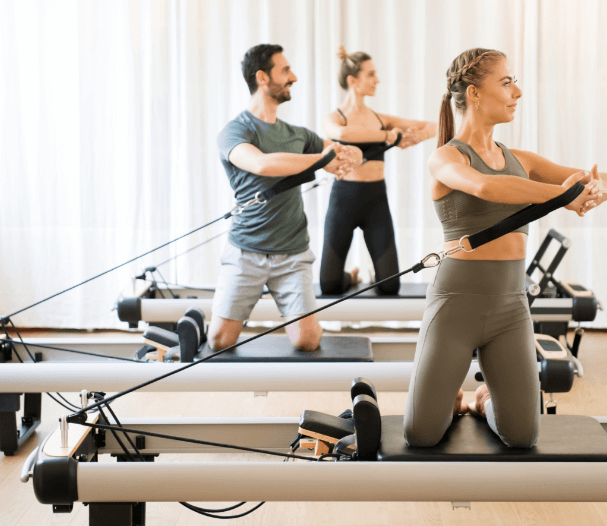
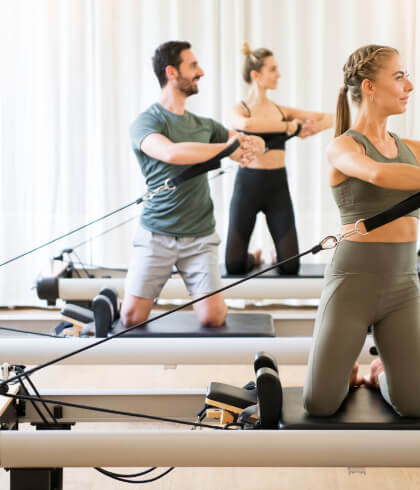
How Does Dry Needling
Work?
The conditions that dry needling aims to treat are varied. It can be used to treat problems such as neck tension, back pain, headaches, shoulder conditions, tennis elbow or shin pain. It differs from the ‘set and forget’ approach of acupuncture, as dry needling specialists do not leave the client’s side throughout the treatment. The needle is gently inserted into the problematic area, manipulated slightly and then quickly removed. This process is repeated into the muscle or muscle groups causing the problem.
The technique specifically targets trigger points in the muscles that are causing pain. A trigger point is a hypersensitive area of a muscle (such as those you feel tension in when you are stressed). The needle is inserted into the trigger point, which works to ‘jump start’ the muscle and its nerve supply. The result is usually a reflex relaxation in the muscle or muscle group.
There will often be a local twitch response of the muscle or muscle groups which will occur after the needle is inserted, which indicates that the dry needling session is effective. It may also release the body’s storage of natural painkillers – serotonin and endorphins.
You may start to feel better straight away or within a day or two. If you have found that the treatment has not created much of a change, you may require a manual massage from our specialist instead. Usually, 3-6 treatments from our specialist create greater relief from the problem.
Dry needling is the most effective treatment for circumstances where there is discomfort within the muscles. For example, you may want to initiate this technique for:
- Releasing myofascial tension and trigger points (knots in the muscles)
- Managing pain more effectively
- Restoring movement to the joints if myofascial trigger points are contributing to the problem.
Although there aren’t many side effects, it’s important to note that all forms of treatment may react differently from one individual to the next. Because of this, we recommend you speak to your dedicated therapist about your circumstances, before treatment begins.
After you’ve had your dry needling done, there are a few things you should keep in mind to ensure maximum results and comfort.
We recommend drinking plenty of water and increasing your intake of it for the next 24 hours. Beyond that, a hot bath can help to prevent post-treatment soreness. Your practitioner will also provide you with any advice or exercises you might need to incorporate into your lifestyle.
If you would like to find out more about our dry needling treatment service for the eastern suburbs, or would like to book a time with our specialist, feel free to get in contact with our friendly team of staff. We are committed to providing an exceptional standard of service here at BodyMotion Physiotherapy, and will be happy to answer any questions you have regarding your dry needling appointment or book you in for a time that suits you best.
A Relaxation Massage is a great way to pamper yourself, reduce stress and recharge your energy levels. Using a combination of relaxing massage strokes, usually with a lighter pressure, you can opt for a full body massage or choose the areas you would like to have massaged which can include the back, shoulders, legs, feet, arms, hands, neck, head and face.
This is a therapeutic remedial Maintenance Massage which may be recommended to you by your physiotherapist and aims to help you to maintain the results that you have achieved from your Physiotherapy treatments. This massage will be targeted to the area that you had treated by your physio, and will ensure that the muscles continue to work well together to keep you free of pain.
A remedial Therapeutic or Deep Tissue Massage is generally a deeper, firmer pressure and will target particular areas of tightness and restriction in your muscles. You will be asked to provide feedback throughout this massage to assess if the level of pressure is suitable for the area.
A remedial Sports Massage can help to ease any muscular pain post workout or after you have participated in a sporting activity. It can also be beneficial prior to a sporting event to ensure that your muscles are at their peak state, therefore assisting you to perform at your highest possible level.
